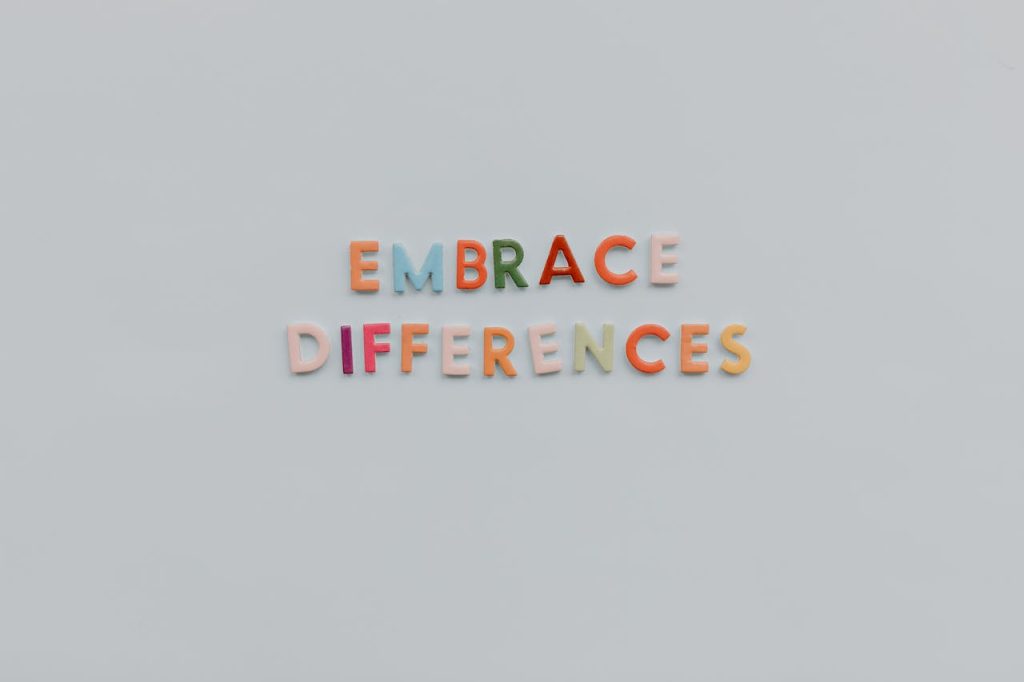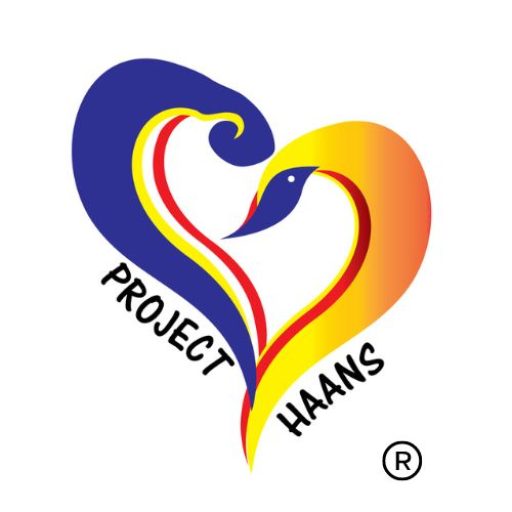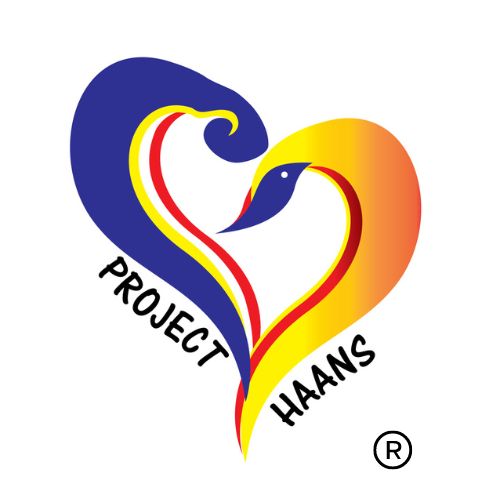By Desiree Kaur
The statement by U. S. President Donald Trump and U.S. Health and Human Services (HHS) Secretary Robert F. Kennedy, Jr. on 22 September 2025, create quite a stir, globally within autistic communities and their allies. Many responded quickly – from medical practitioners to educators, care givers, self advocates and even our very own Ministry of Health in Malaysia.
While I am grateful that this bold statement has shone a spotlight on autism, there is also the matter of creating fear amongst every day people. It has taken me awhile to process and pen an opinion down in a coherent manner.

When Leadership Statements Stir Fear, Not Clarity
As a mother of a child on the autism spectrum and an advocate for neurodiversity, I welcome honest discussions about autism — what causes it, how to support those on the spectrum, and how to build inclusion.
On September 22, 2025, President Trump claimed that pregnant women should not take Tylenol, and that childhood vaccines may be contributing to autism. He described current vaccination schedules as “a pile of stuff,” implying children are over-vaccinated.
While framed as an effort to “tackle the autism epidemic,” such remarks risk reigniting fear and stigma long disproven by science.
Announcements made without nuance may do more harm than good.
But when I heard that President Trump recently linked Tylenol (acetaminophen) and childhood vaccines to autism, I felt deep concern. Not because I reject new research, but because I have seen how oversimplified narratives can harm families and set back years of advocacy.
Autism is a spectrum. If you’ve met one person with autism, you’ve met one person with autism.
Is this fear now warranted or will it potentially open the door to other health complications when expectant mothers refuse acetaminophen and children succumbing to complications from the measles from vaccine refusal? (Point to note, there are already documented cases of children dying from the measles due to vaccine refusal)
We already know — autism is not caused by parenting, vaccines, or one single factor. Research into prenatal exposures, genetics, and environmental factors continues, but no credible study has proven causation between Tylenol or vaccines and autism.
“Correlation is not causation — and families deserve to know the difference.”
How This Hurts the Autism Community
Even well-intentioned announcements can inadvertently send a painful message:
That autism is something to prevent, or worse, blame. As a mother to a child that knows only love and to love, it felt hurtful. Most mothers have already walked down the path of getting blamed or blaming ourselves. This has open up old wounds unnecessarily. How many times do we need to pull ourselves out of this “blame game” rabbit hole?
For many autistic people and their families, this narrative invalidates lived experiences. Autism is not a tragedy; it is a difference in neurodevelopment. Suggesting that it could have been “avoided” frames neurodivergence as a defect instead of a diversity.
Autism is not something to cure. People do not ‘suffer’ from autism — they live, grow, and contribute with it.

What We Need Instead
- Clear, balanced communication — Tell the public what studies show and what remains uncertain.
- Inclusive consultation — Involve autistic self-advocates, researchers, and families in policymaking.
- Evidence-based decision-making — Announcements should be backed by peer-reviewed data, not anecdotes or validating claims that have previously been invalidated.
- Focus on support, not blame — Early intervention, education, therapy and lifelong support matter more than assigning fault.
- Maintain vaccine confidence — Public health depends on trust, not fear. Vaccines still play a very important role in the mortality of a child.
Building Trust Through Science and Empathy
Health decisions affect real lives — mothers, children, teachers, and therapists working every day to support growth and inclusion. To erode public trust in the name of “common sense” is reckless and irresponsible. When claims like these are made, it cannot be mere sweeping statements but instead, backed by properly researched professionals in the related field. Where was the autism expert during the announcement? From my view, there were only 2 people standing at that podium.
Let’s move away from fear-driven headlines and toward fact-driven compassion.
Autism is not an epidemic to eradicate; it is part of humanity’s diversity to understand and embrace.
“Choose clarity over sensationalism, evidence over fear, and community over blame.”
It only took a certain amount of time to make the announcement, and those who made the announcement are on to the next item on the agenda. So, what about our children? They are still autistic and will continue to be autistic for the rest of their lives. What about us? Parents will get to a point of needing support ourselves and how do we then provide for our high support needs children?
We can only do our best. Let’s continue doing what we do – support our neurodivergent children and friends; and continue to advocate their rights as loudly as we can. Collectively, we will be heard.





